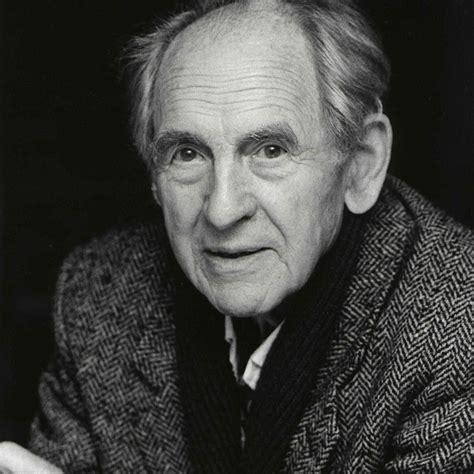A Quote by Garry Winogrand
You don't solve anything ever, really. You simply state a problem which, when you're lucky, gives you some idea of what possible problems you can - it indicates, you know, your future headaches.
Related Quotes
My hope is that design thinking becomes an innovative discipline and not just the trend of the decade. As a nation and globally, we have some of the biggest problems to solve we have ever faced. We need innovative ways to solve our problems and communicating the solutions will be paramount. Original thinking, complex problem solving, and collaboration are all important skills for our future.
Solving the population problem is not going to solve the problems of racism, of sexism, of religious intolerance, of war, of gross economic inequality. But if you don't solve the population problem, you're not going to solve any of those problems. Whatever problem you're interested in, you're not going to solve it unless you also solve the population problem. Whatever your cause, it's a lost cause without population control.
We are more than our problems. Even if our problem is our own behavior, the problem is not who we are-it's what we did. It's okay to have problems. It's okay to talk about problems-at appropriate times, and with safe people. It's okay to solve problems. And we're okay, even when we have, or someone we love has a problem. We don't have to forfeit our personal power or our self-esteem. We have solved exactly the problems we've needed to solve to become who we are.
The mystery of life is certainly the most persistent problem ever placed before the thought of man. There is no doubt that from the time humanity began to think it has occupied itself with the problem of its origin and its future which undoubtedly is the problem of life. The inability of science to solve it is absolute. This would be truly frightening were it not for faith.
We know a great deal, but our ignorance is sobering and boundless. With each step forward, with each problem which we solve, we not only discover new and unsolved problems, but we also discover that where we believed that we were standing on firm and safe ground, all things are, in truth, insecure and in a state of flux.



































